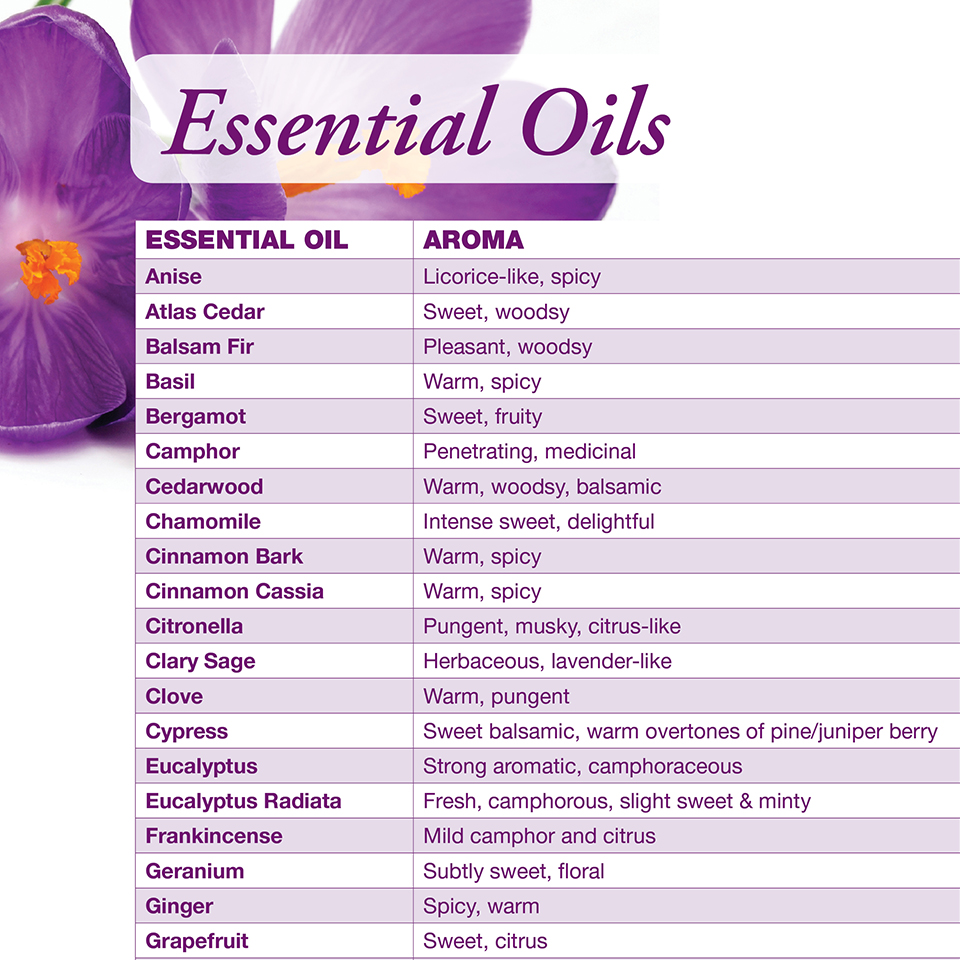The lymphatic system plays a critical role in maintaining our body’s immune function and overall wellness. However, many people are unaware of its importance and how to support it effectively. Aromatic healing, particularly through the use of essential oils, has gained popularity as a natural method to enhance lymphatic drainage. This article delves into the science behind lymphatic drainage, the benefits of essential oils, and how to incorporate them into your daily routine for improved health.
Understanding the Lymphatic System
The lymphatic system is a complex network of vessels, nodes, and organs that help transport lymph—a fluid containing white blood cells—throughout the body. This system is vital for:
- Removing toxins and waste products from bodily tissues
- Transporting nutrients and essential substances to cells
- Regulating fluid balance
- Supporting the immune system
A well-functioning lymphatic system is crucial for overall health, as it aids in detoxification and helps to prevent conditions such as lymphedema, chronic fatigue, and other immune-related disorders.
The Connection Between Essential Oils and Lymphatic Drainage

Essential oils are concentrated plant extracts known for their aromatic and therapeutic properties. They have been used for centuries in various cultures for healing and wellness. Recent studies suggest that certain essential oils can stimulate lymphatic flow and enhance drainage. Here’s how:
1. Promoting Circulation
Essential oils can improve blood circulation, which in turn supports lymphatic drainage. Oils such as rosemary, ginger, and black pepper are particularly effective in stimulating circulation.
2. Antimicrobial Properties

Many essential oils possess antimicrobial properties that can help eliminate pathogens from the body, thus reducing the burden on the lymphatic system. For instance, tea tree oil and eucalyptus oil have been shown to fight infection.
3. Relaxation and Stress Reduction
Stress can significantly impact lymphatic function. Essential oils like lavender, chamomile, and bergamot are known for their calming effects, helping to reduce stress and promote relaxation, which is beneficial for lymphatic health.
Essential Oils for Lymphatic Drainage: A Closer Look

Several essential oils can specifically aid in boosting lymphatic drainage. Here are some of the most effective ones:
- Grapefruit Oil: Known for its detoxifying properties, grapefruit oil can help stimulate lymphatic flow and reduce fluid retention.
- Juniper Berry Oil: This oil is diuretic, which means it can help remove toxins and excess water from the body, thus promoting lymphatic drainage.
- Cypress Oil: Often used to alleviate swelling, cypress oil can enhance circulation and support lymphatic health.
- Frankincense Oil: With its anti-inflammatory properties, frankincense oil can help soothe the lymphatic system and improve its function.
- Lavender Oil: Its relaxing properties help reduce stress, which can indirectly support lymphatic drainage.
How to Use Essential Oils for Lymphatic Drainage
Incorporating essential oils into your routine can be easy and enjoyable. Here are some methods to consider:
1. Aromatherapy Diffusion
Using a diffuser, you can disperse essential oils into the air. This method is particularly effective for oils like lavender and grapefruit, which can promote relaxation and detoxification.
2. Massage
Massage with essential oils is a powerful way to stimulate lymphatic drainage. Consider blending a few drops of essential oil with a carrier oil (such as coconut or sweet almond oil) and gently massaging the areas around lymph nodes, especially in the neck, armpits, and groin.
3. Bath Soaks

Adding essential oils to your bath can create a soothing experience that promotes relaxation and detoxification. Use oils like eucalyptus or juniper berry for their lymphatic benefits.
4. Topical Application

For targeted lymphatic support, essential oils can be applied topically. Always dilute them with a carrier oil to avoid skin irritation. Apply to areas where lymph nodes are located or where you feel swelling.
Case Studies and Research Insights

The effectiveness of essential oils in promoting lymphatic drainage has been supported by various studies. For example:
- A study published in the *Journal of Alternative and Complementary Medicine* found that aromatherapy massage with essential oils significantly improved lymphatic function in participants with lymphedema.
- Another research study indicated that inhaling certain essential oils, such as grapefruit and rosemary, can lead to increased circulation and lymphatic flow.
These findings highlight the potential of essential oils not only for enhancing lymphatic drainage but also for promoting overall wellness.
Safety Precautions and Considerations
While essential oils offer numerous benefits, it is crucial to use them safely:
- Always perform a patch test before applying any essential oil topically to avoid allergic reactions.
- Consult with a healthcare provider, especially if you are pregnant, nursing, or have pre-existing health conditions.
- Use high-quality, pure essential oils from reputable sources to ensure efficacy and safety.
Aromatic healing through essential oils presents a promising approach to boost lymphatic drainage and enhance overall well-being. By understanding the role of the lymphatic system and the specific properties of various essential oils, individuals can take proactive steps toward supporting their health. Whether through aromatherapy diffusion, massage, or topical application, essential oils offer a natural and effective way to encourage lymphatic flow, reduce stress, and promote detoxification.
Incorporating these practices into your daily routine can lead to improved health outcomes and a greater sense of well-being. As interest in natural healing continues to grow, essential oils stand out as a valuable tool in the quest for holistic health.




